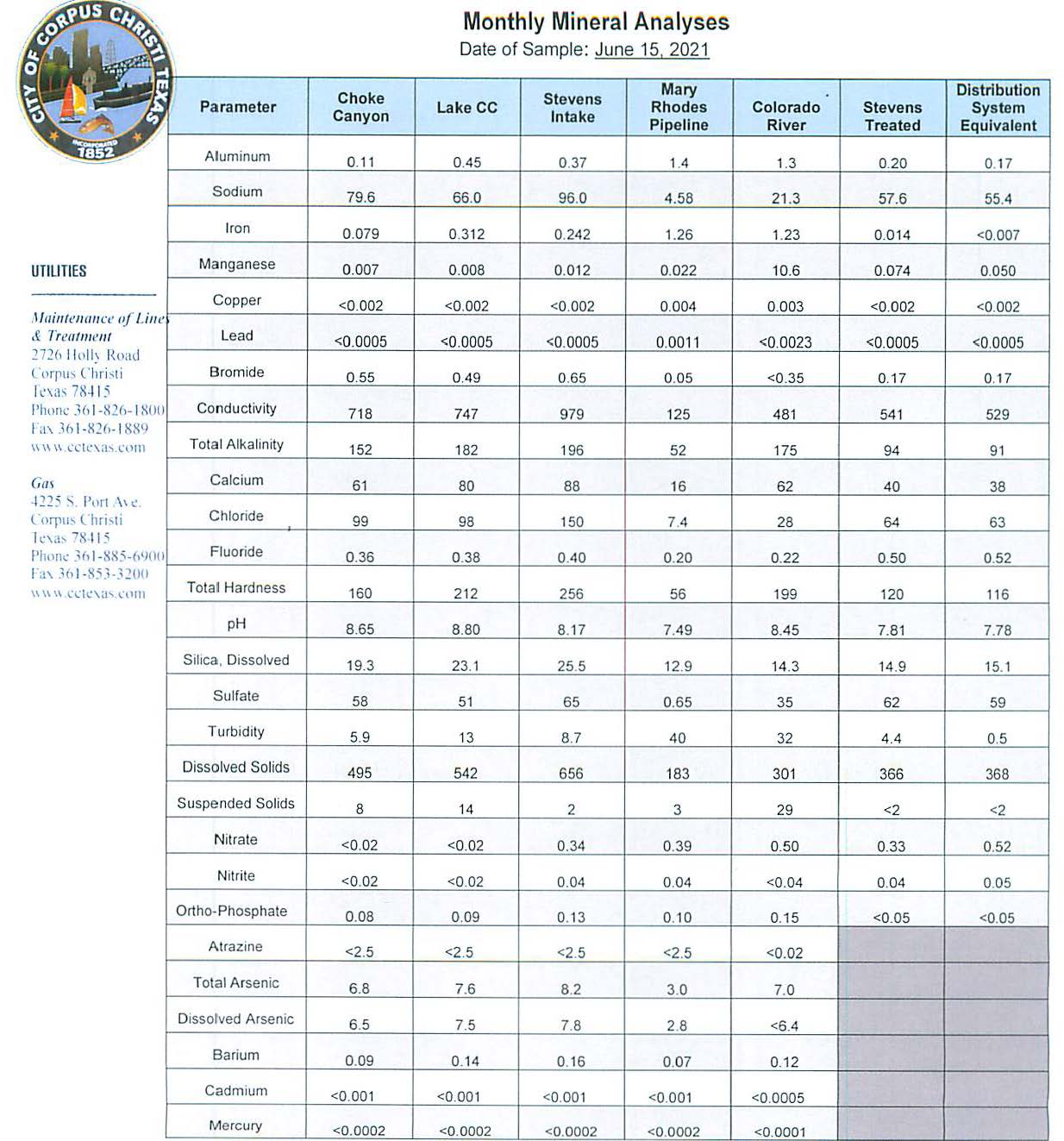I use a 10" charcoal filter that my well water runs through. It pulls out enough of the hardness, and such, to make the water profile almost spot on for all my brews. I'm going to tweak the water for a couple of coming batches, but normally I leave it alone.
I had my water first tested in January of 2016. Then again at the start of this month. Not a huge difference, but enough of one. Of course, the first was unfiltered and the second was through the carbon filter.
IMO, what filtering you need to do depends on the base water. Both source and contents. When I was on city water (at a different house) I ran the water through a much better filtering setup. It stripped everything bad out, and left enough good to brew with.
If you get your water tested (I used Ward Labs), get it tested once per season in the first year. Then pick a season to get it tested either each year, or as you determine. That's if you're minimally filtering. If you get an RO system, then you probably won't need to do much testing. Well, other than initially to make sure the system is doing it's job. IMO/IME, the data points the testing provides is very helpful.



